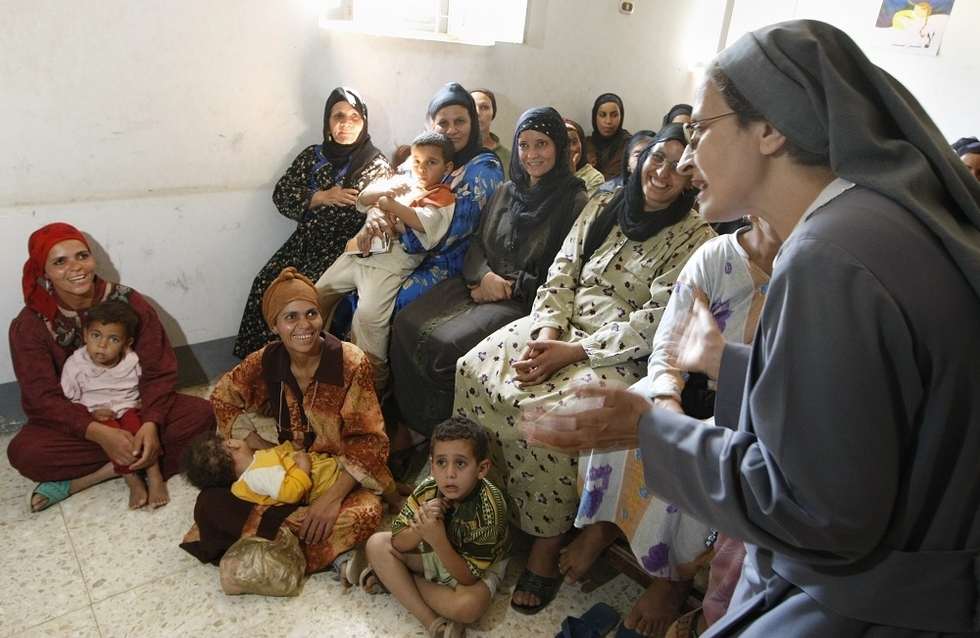Egypt passes stricter prison sentence for FGM

Anyone found to be performing female circumcisions in Egypt will now face up to seven years in prison under harsher penalties imposed on Wednesday, up from the previous maximum of two years in jail.
The change is part of an ongoing drive by the government to end the practice, although the tightening of legislation has thus far not succeeded in rooting out female genital mutilation (FMG), which remains prevalent in Egypt.
The new law, which has been in the works for years, stipulates that doctors who perform the procedure will have to serve between five and seven years, while parents who request it face between one to three years in jail.
More than nine in 10 women and girls aged 15 to 49 in Egypt have undergone FGM, but the number has started to decline slightly in recent years, according to data collected by the United Nations.
Government data from a 2014 Demographic and health survey also found that 92 percent of married, divorced and widowed women age 15-49, had had the procedure performed.
Egypt made the procedure illegal for the first time in 2008 but rights activists insist the ban is very rarely enforced.
Last year, in the first FGM trial to take place in Egypt, a doctor was sentenced to two years in prison after 13-year-old Sohair al-Bataa died while undergoing the procedure in 2013. The doctor and the father were initially acquitted of all charges, but a court in Nile Delta overturned the not guilty ruling on appeal.
Bataa's case prompted outrage among local and international observers, but the doctor was eventually freed after only three months behind bars, after reconciling with her family.
“The government doesn’t care, it is pure law marketing, regardless of whether it works or can be applied or not,” Dalia Abd el-Hameed, head of sexual rights at the Egyptian Initiative for Personal Rights (EIPR), previously told Middle East Eye (MME).
The practice is more common in Egypt’s rural areas, where there is a lack of awareness and education, regarding the issue. It is performed on both Muslim and Christian girls in Egypt and Sudan, and it is believed to be backed by customs, rather than religion, although some religious scholars preach it.
Earlier this month, an Egyptian MP made a controversial statement, saying that women must undergo (FGM) to help curb men’s “sexual weakness”.
“If we stop [female genital mutilation], we will need strong men and we don’t have men of that sort," he said.
Suad Abu-Dayyeh, consultant at the NGO Equality Now, which has been campaigning against the practice since the 1990s recently told MEE: “Lots of supposed reasons are given for FGM, but it is fundamentally about enforcing power and control over women and girls. It is not a religious requirement, yet sometimes this is used as an excuse too.”
Middle East Eye propose une couverture et une analyse indépendantes et incomparables du Moyen-Orient, de l’Afrique du Nord et d’autres régions du monde. Pour en savoir plus sur la reprise de ce contenu et les frais qui s’appliquent, veuillez remplir ce formulaire [en anglais]. Pour en savoir plus sur MEE, cliquez ici [en anglais].




